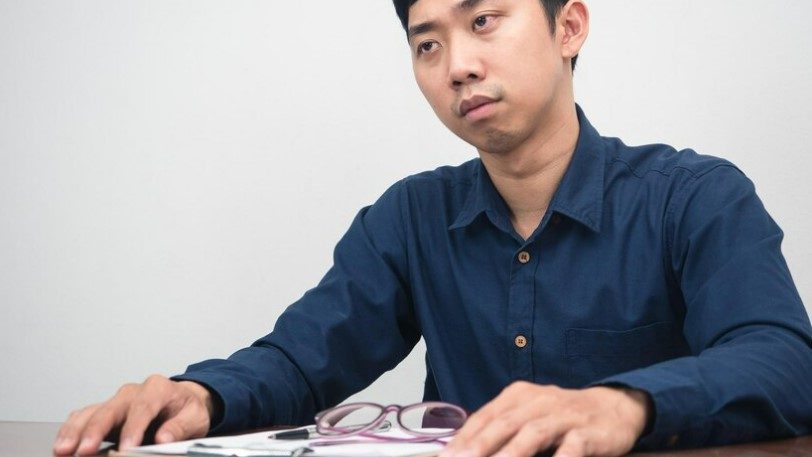Globally recognised as outstanding, Singapore’s universities and its academic system have been ranked as among the best in the world. With this recognition, many new graduates join the labour force full of optimism, with the thought of finding jobs that will be commensurate with their acquired skills and eventually provide them with a viable future and financial security.
For many young Singaporeans, however, the reality today presents an entirely different picture. There is widespread underemployment, low wages, or worse, stagnant income and the constant struggle with rising living costs.
In a recent TikTok video, graduates from Singapore’s universities truthfully opened up and frankly discussed the challenges they have faced and continue to confront when looking for work.
Another graduate cited poor salary, aggressive rivalry for jobs, and the escalating burden of accepting positions that are much below their expectations.
Thus, because of the evolving difficulties that their experiences reflect, Singaporean graduates feel trapped and are incessantly anxious about achieving career fulfilment and financial autonomy.
A degree no longer guarantees a job
Customarily, a university degree was viewed as the only pathway to fixed work engagement. However, one graduate wisely shared his thoughts, saying that fresh graduates shouldn’t be too optimistic when looking for jobs because they have a degree from a university. This graduate advises that in case one doesn’t land the dream job, one shouldn’t lose hope; to just work hard in the current job and continue networking with people and strive to earn experience, because soon, the dream job will come.
Currently, many graduates find themselves jammed in protracted job searches. Some take months, if not over a year, to get a job. The graduates interviewed in the TikTok video shared that, notwithstanding the many applications they have submitted, responses from employers were rare, and even when they did receive job offers, the salaries being offered were frustratingly second-rate.
One major reason for this, according to one graduate, is the interview process. He admitted to being rejected immediately, even during the first interview, for reasons he doesn’t know.
Another commenter said that with more graduates obtaining advanced schooling, competition for jobs has increased. Now faced with a profusion of highly educated candidates, employers are comfortable in offering lower remunerations and calling for more experience, leaving fresh graduates in a tough position.
The “experience catch-22”
In one article published by this paper, one frustration of graduates is the demand for prior experience—even for entry-level roles. Many job listings require candidates to have at least two to three years of relevant experience, creating an irony for fresh graduates – they need experience to get a job, but they need a job to gain experience.
For those who do manage to get a job, salaries are usually not what they expected. Considering that Singapore is known for its high cost of living, initial wages for many graduates have persisted to be comparatively stationary.
What needs to change?
While the government, specifically the Ministry for Manpower, has initiated the SGUnited Traineeships Programme to help graduates obtain experience, there is more that needs to be done. There should be incentives for companies to provide reasonable wages and more entry-level prospects rather than expecting fresh graduates to take poorly paid jobs or voluntary positions just to gain experience.













